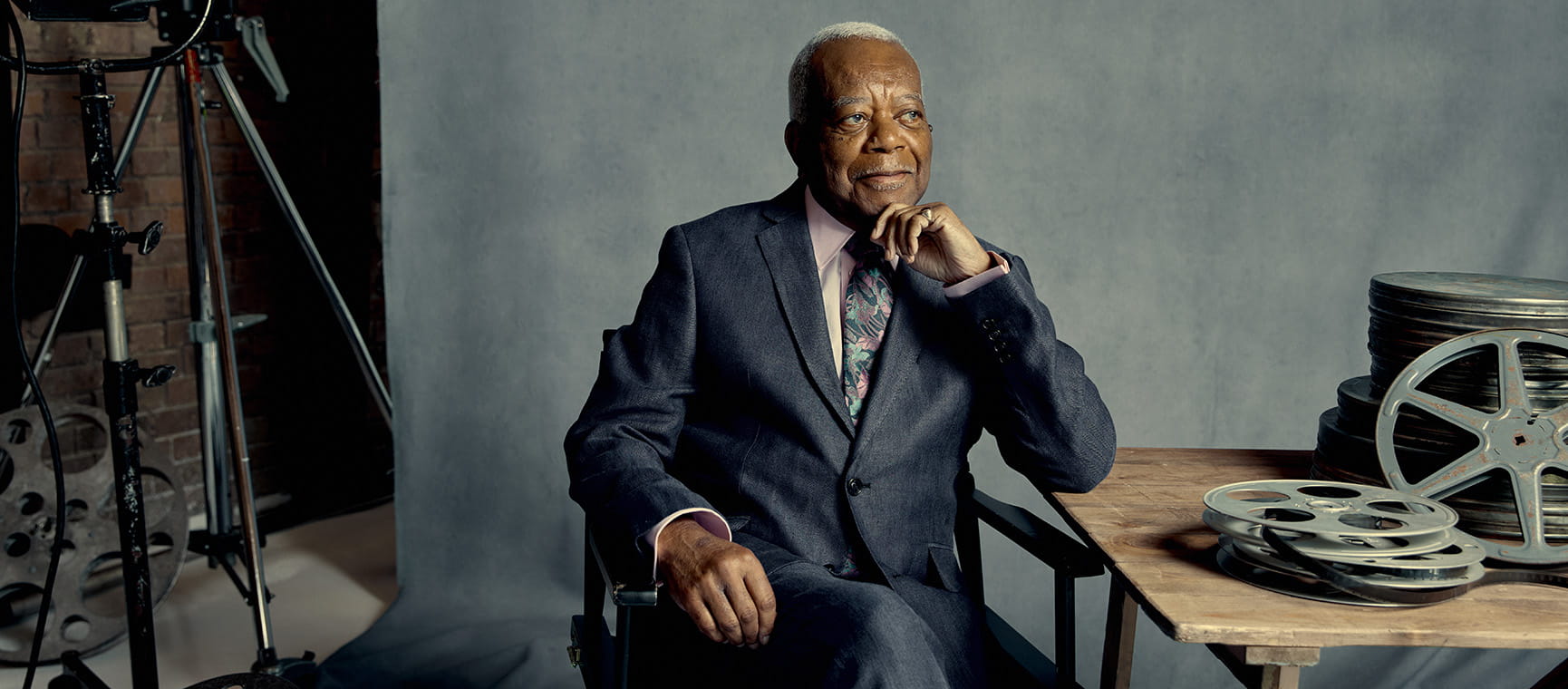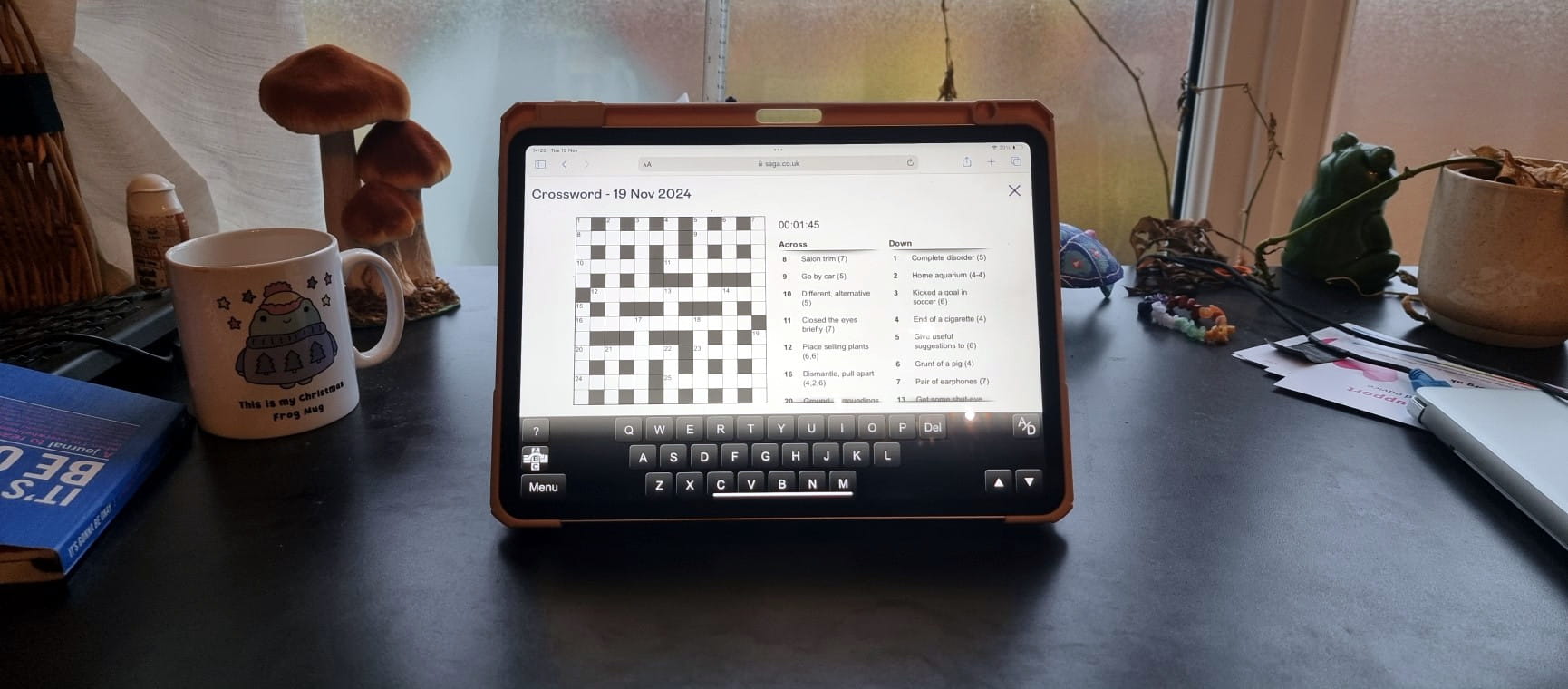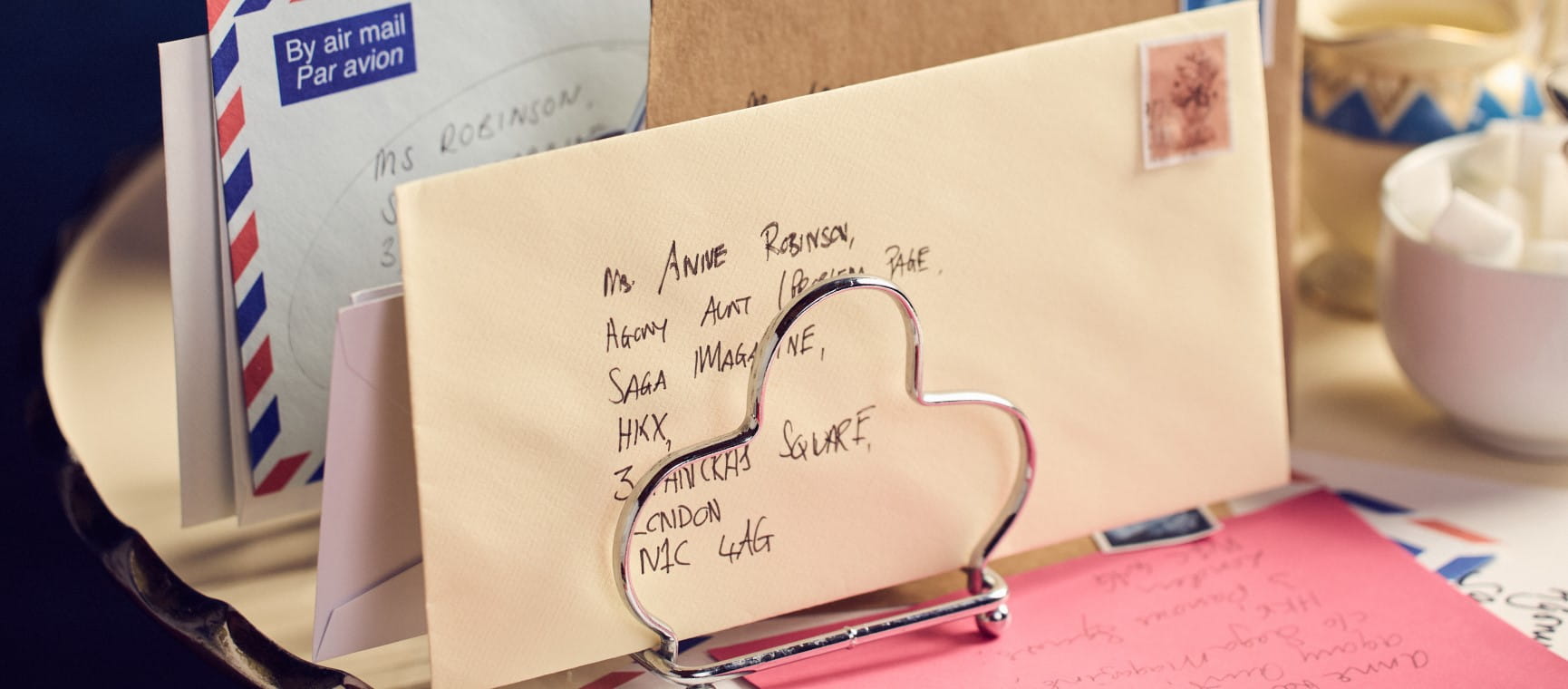Sir Trevor McDonald on The Troubles
Our columnist describes what it was like reporting on Northern Ireland in the 1970s.

Our columnist describes what it was like reporting on Northern Ireland in the 1970s.

Back in the 1970s and early 80s, the lead items on the daily news were so often about the violence in Northern Ireland.
It was constant, ubiquitous and deadly. Life in the province had been darkened by spates of killings, the endless destruction of bombs, and viciously divisive politics fuelled by religious intolerance.
Belfast became an almost permanent base for many journalists from around the world.
I went there for the first time in 1973. I had joined ITN that year and, anxious not to stand out even more than I obviously did as the firm’s first and only black reporter, I wanted to be sent on every kind of assignment, just as my colleagues were.
High minded thought, bad idea in practice. I’ve never done much to disguise my natural cowardice and have always hated the merest suggestion of violence.
Before I went to Northern Ireland I had never heard a bomb go off. My parents, when they heard of my decision to report from Belfast, thought I had taken leave of my senses.
Like my colleagues, I tried not to dwell on the horrors: visits to houses where entire families had been murdered, or arriving on a scene after a British soldier’s vehicle had been blown apart to realise bits of bodies were still visible on the shrubbery.
Instead, we took refuge in telling everyone who would listen ridiculous stories about the fact that the hotel where we stayed, the Europa, was the most bombed hotel in Europe at the time.

On one occasion, I checked in shortly after yet another bomb had shattered a number of lower floors. I had barely finished unpacking when the manager said he wanted everyone to leave as the hotel couldn’t feed us.
Having just arrived after a long journey, I insisted on staying and persuaded colleagues to do the same. It turned out to be quite an evening.
Sitting in a dining room with shattered windows, in the teeth of a Belfast gale, it was almost impossible to retain our seats, and we cheered ourselves up by telling stories about life in Northern Ireland.
Things really looked up after we persuaded the manager to open some choice wines in his cellar.
So there was more to reporting in Northern Ireland than turning up to film after a bomb. Sadly, that happened all too often.
On 17 May 1974, co-ordinated Loyalist bombs in Monaghan and over the border in Dublin killed 33 people. I was not there then but made my way to Ireland in time for the funerals.
I’ll never forget that afternoon. The church in Dublin was full to overflowing: the bomb was an emotional hammer blow.
A procession brought caskets up to the High Altar. I was finding it almost too painful when a BBC colleague, John Simpson, whispered in my ear that many of the caskets contained only rocks as no body parts could be found.
Afterwards, I set out to find the cemetery where the burials would take place. The priest was a middle-aged man, easy to chat to. We agreed the violence had gone on too long and that something must be done to end it.
Reassured we stood on the same ground, I suggested one way to stop the bombs would be to integrate the two communities more.
I said I never understood how children from adjacent neighbourhoods went to different schools, and I felt Catholic and Protestant children who were neighbours should attend mixed classes.
Turning to face me, the priest told me that would not be possible. He insisted that children of different religions should go to different schools.
And there we left it. My big idea for stopping the violence in Northern Ireland had been roundly discounted by a priest.
Sir Trevor McDonald is best known for presenting ITN’s News at Ten, Tonight with Trevor McDonald and documentaries on subjects as varied as Death Row, UK killers and the Caribbean.
He was knighted in 1999 for his services to journalism and has received many awards for his work. He has been named Newscaster of the Year three times and received Honorary Degrees from more than eight Universities.

For a limited time, enjoy 3 issues of Saga Magazine for just £1. Receive the next 3 print editions delivered direct to your door, plus 3 months’ unlimited access to the Saga Magazine app—perfect for reading on the go.
Don’t miss your chance to experience award-winning content at an exceptional price.

The ultimate guide to Saga Puzzles, full of technical tips, tricks and hints.

With the start of the new financial year on 6 April, our money expert explains the changes to your pension, benefits and taxes.





